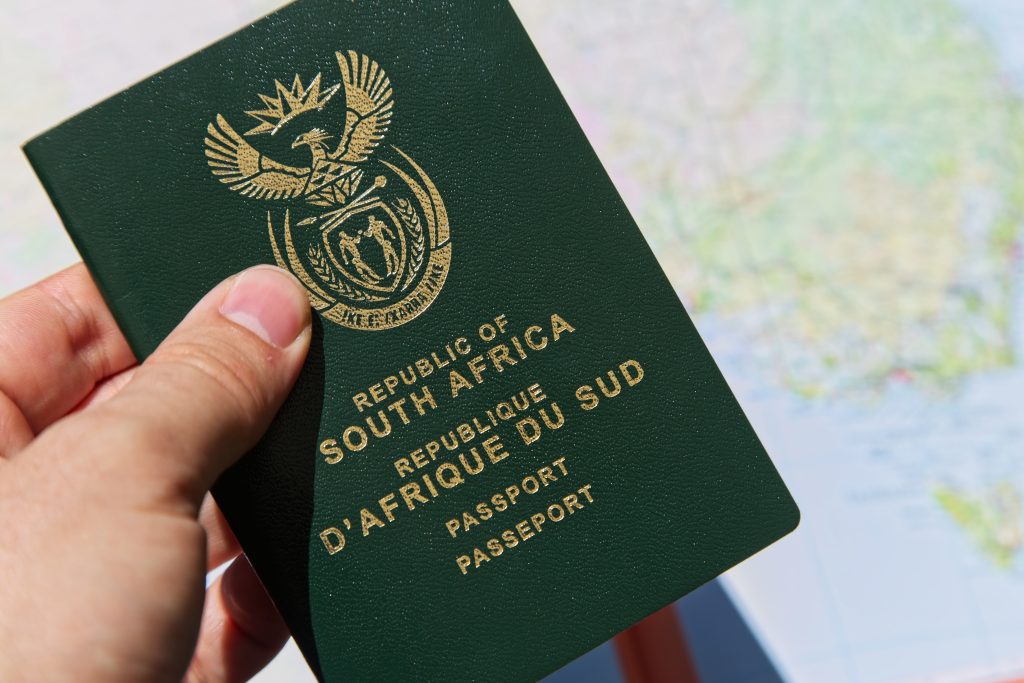International travel to South Africa will resume on 1 October 2020. Flights for business and leisure purposes are now allowed. Here are 10 must-know facts.
- Travelers arriving in the country must have a certificate confirming that they have tested negative for Covid-19. If they don’t have one, they will be put in compulsory quarantine at their own expense.
It must be a PCR test, and it may not be done more than 72 hours before your departure. The certificate must bear the name and signature of the doctor who performed the test. If you don’t have a test certificate, you must remain in quarantine while waiting for a test result.
- Travelers will be screened for the virus upon arrival, and those with Covid-19 symptoms will remain in quarantine until they test negative for the virus.
If you have symptoms, you will be tested again even though you might have a test certificate confirming that you tested negative; you will then have to remain in quarantine until you receive your results.
- South Africans may come home from high-risk countries.
South Africans will be allowed to come home from high-risk countries, but those who have symptoms will have to quarantine.
- Borders remain closed to non-South Africans from high-risk countries.
Travellers from high-risk countries are not yet allowed to enter the country. However, travellers from all African countries are allowed to visit South Africa for business or leisure.
- 35 border posts that were closed during the pandemic will remain closed.
The main reason is that the country cannot test everyone who wants to come through those border posts. The border posts that are currently open will remain open.
- All international travellers must download the Covid Alert SA app upon arrival in South Africa.
- International travellers must have compulsory travel insurance.
It should cover the potential cost of a Covid-19 test and quarantine.
- South Africans can now reapply for IDs, passports and visas.
- Expired visas will remain valid until 31 January 2021.
- Based on Covid-19 statistics, the following are currently considered high-risk countries:
Albania, Argentina, Armenia, Austria, Bahrain, Belgium, Bolivia, Bosnia and Herzegovina, Brazil, Chile, Columbia, Costa Rica, Croatia, Czech Republic, Denmark, Ecuador, France, Georgia, Greece, Guatemala, Guyana, Honduras, Hungary, Iceland, India, Iran, Iraq, Ireland, Israel, Jamaica, Jordan, Kuwait, Lebanon, Luxembourg, Maldives, Malta, Mexico, Moldova, Montenegro, Nepal, the Netherlands, North Macedonia, Oman, Palestine, Panama, Paraguay, Peru, Portugal, Puerto Rico, Qatar, Romania, Russia, Slovakia, Suriname, Switzerland, Ukraine, United Emirates, United Kingdom, USA, Venezuela.
The list will be reviewed regularly and updated according to the latest Covid-19 statistics.




















